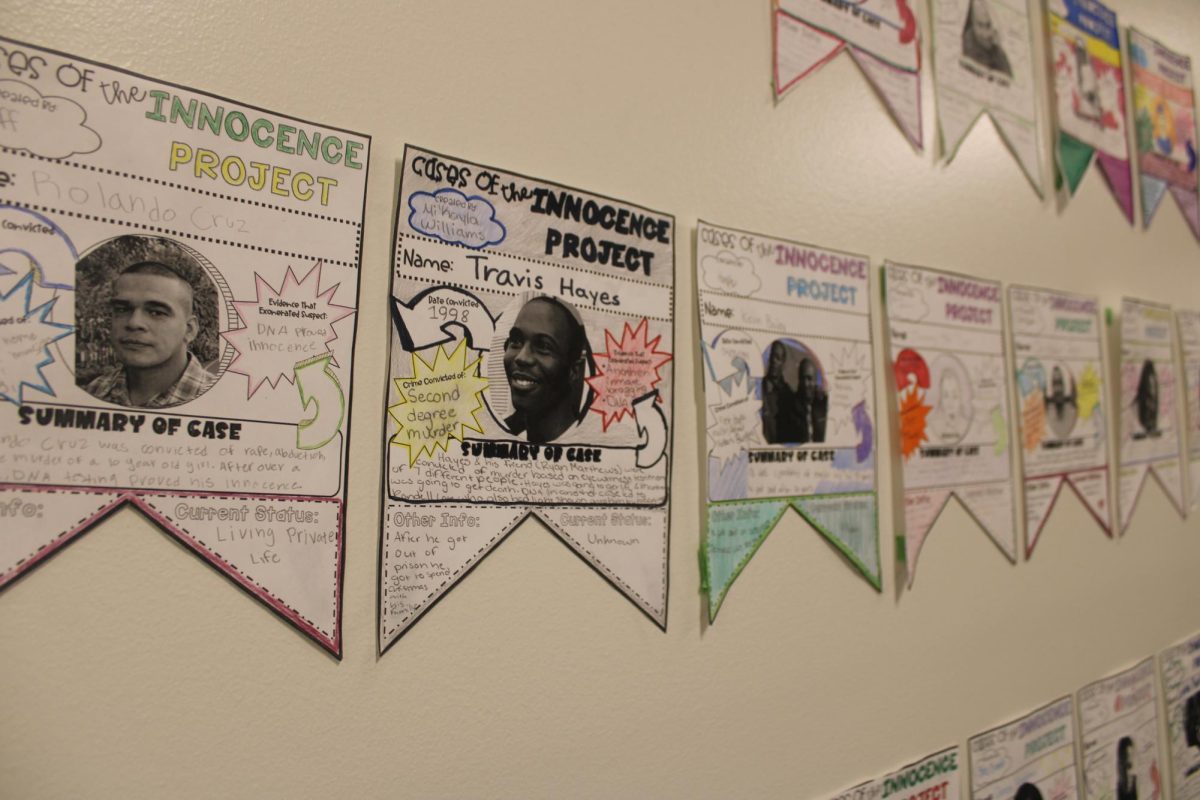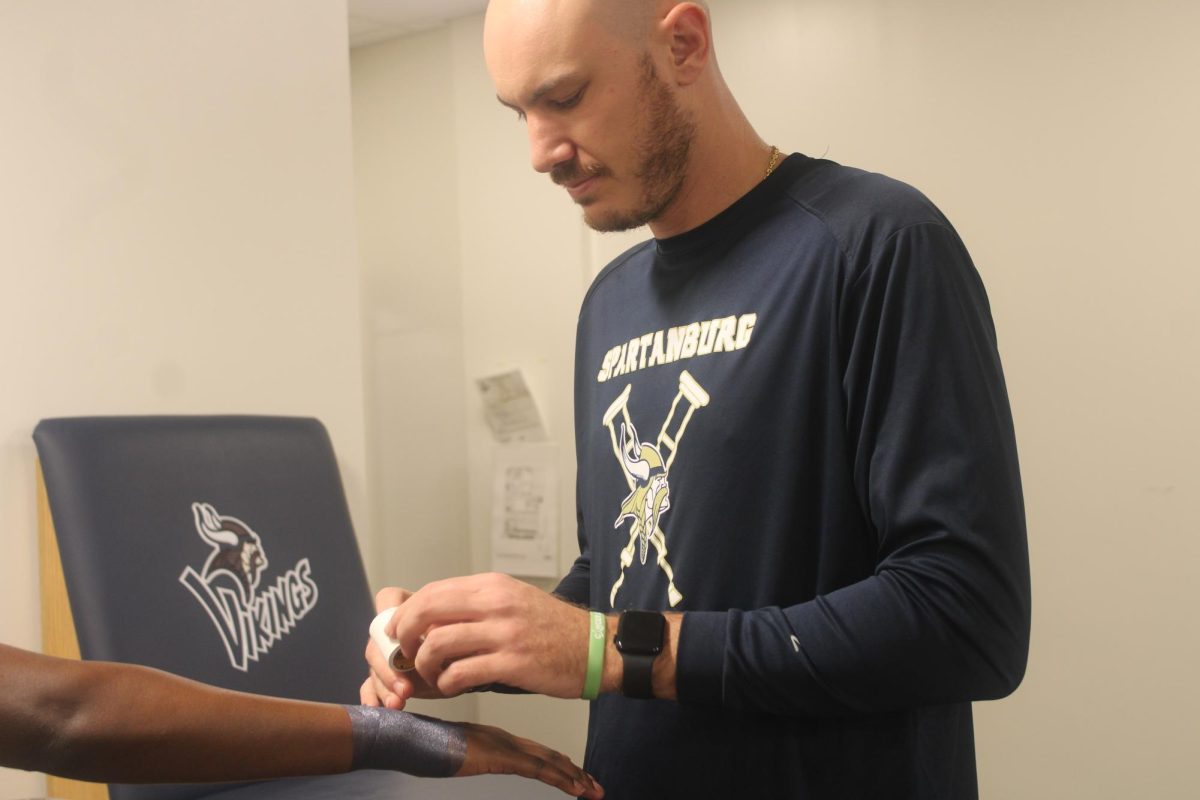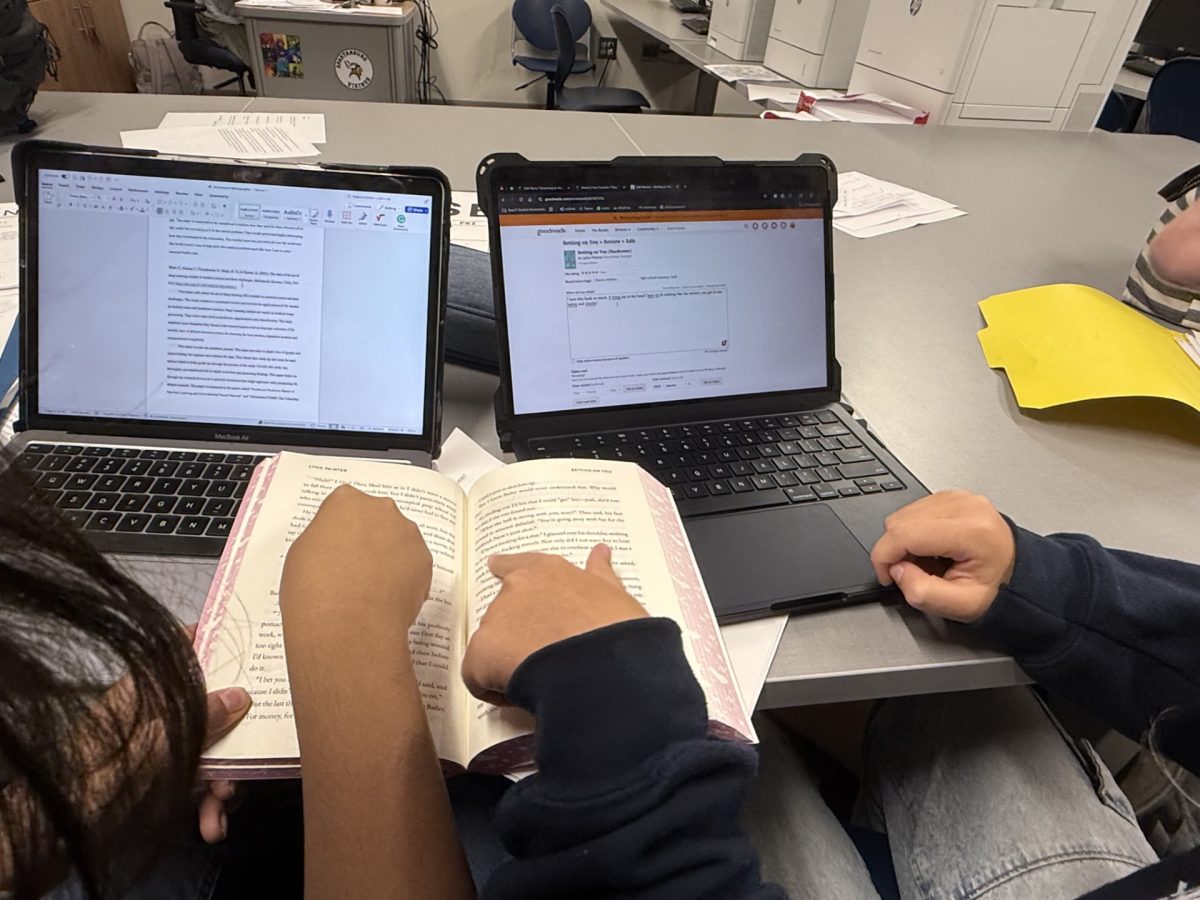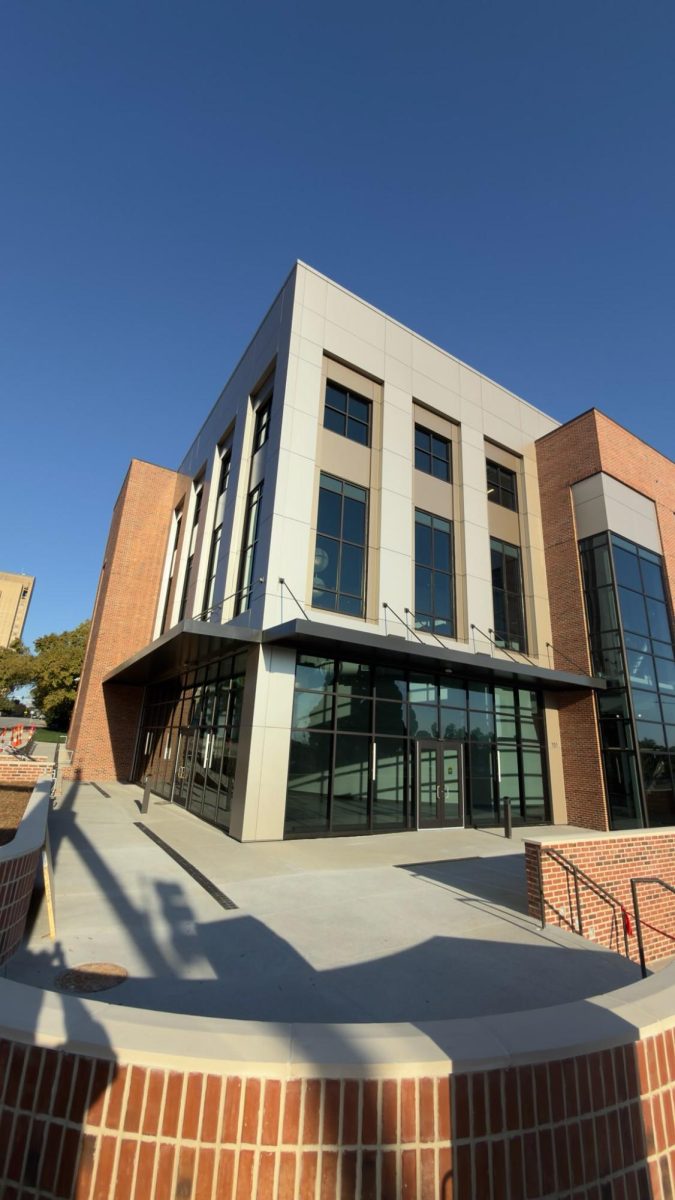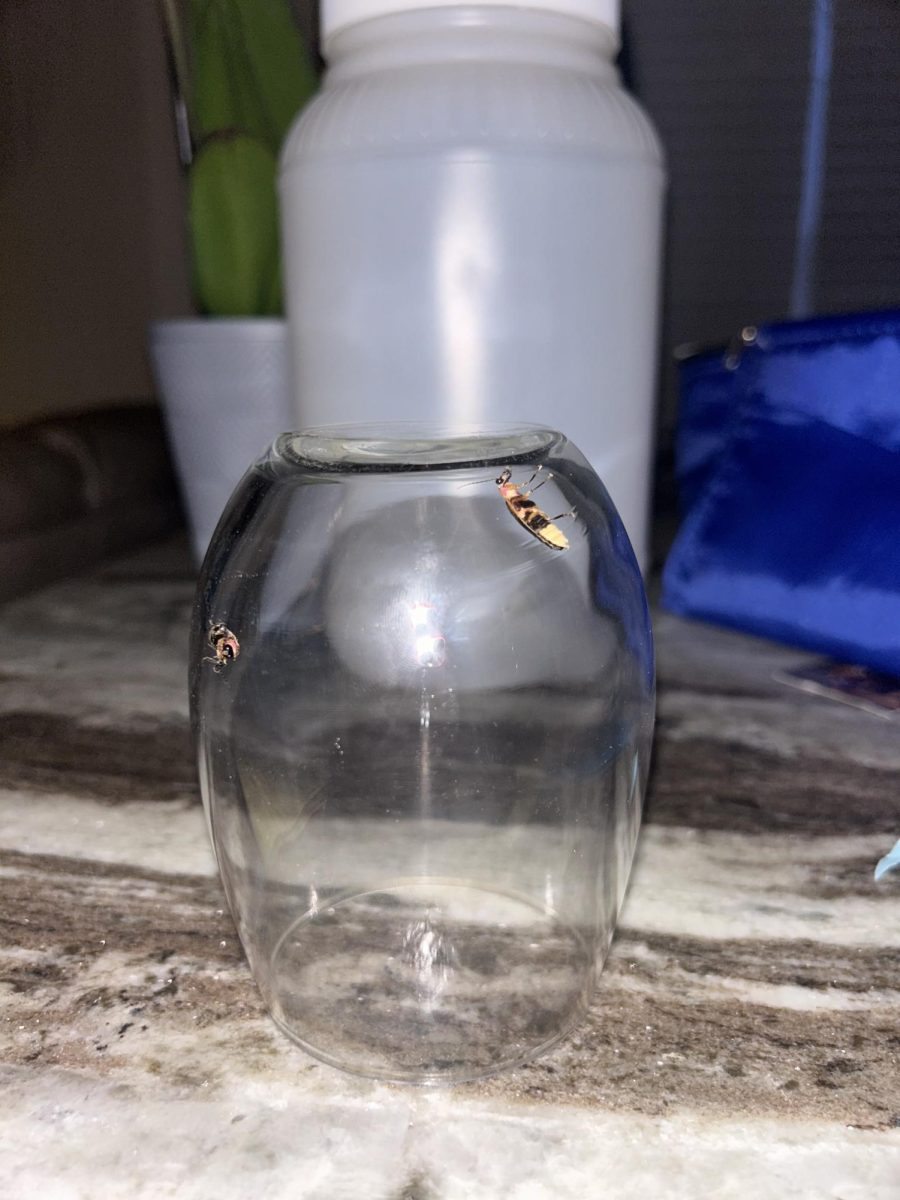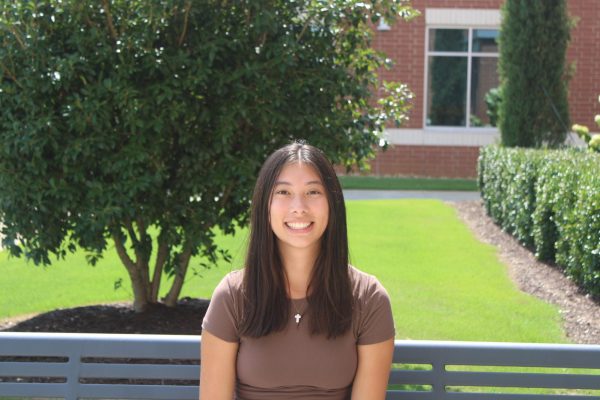Criminal justice encompasses policies, laws, procedures and institutions that address crime, aiming to maintain public order by preventing crime, punishing offenders and rehabilitating individuals. The criminal justice system plays a critical role in court cases and trials, especially when wrongful convictions occur.
The Innocence Project is an organization dedicated to freeing individuals who have been wrongfully convicted, using DNA testing and other scientific advancements. Guided by compassion, fairness and a commitment to justice, the staff at the Innocence Project work tirelessly to support people who are serving time for crimes they did not commit.
Founded in 1992 by attorneys Peter Neufeld and Barry Scheck at the Benjamin N. Cardozo School of Law at Yeshiva University, the Innocence Project became an independent nonprofit organization in 2004. It is a national litigation and public policy organization, meaning it handles legal disputes addressing significant issues such as civil rights.
Sam Foster (12) believes in the importance of supporting those who have faced wrongful convictions and acknowledges the positive impact of the Innocence Project.
“Their mission statement was plain and simple, and they provided easy ways for users to join the cause. I also liked that they showcased some of the people they helped; it added a personal touch,” Foster said.
The Innocence Project has helped free more than 250 innocent people from prison. One notable case is that of Archie Williams. On April 21, 1983, Williams was wrongfully convicted of attempted murder and aggravated sexual assault, primarily due to a victim’s misidentification. Despite the victim’s uncertainty — she was only about 70% sure of her identification — and evidence supporting Williams’ alibi, he was arrested and sentenced to life in prison without parole.
In 1995, Williams wrote to the Innocence Project from a Louisiana prison, seeking help.
“As the years go by I sit here year after year, it’s like no one cares … People let you down and give up on you,” Williams said on the Innocence Project’s website. “By the grace of God, I’m still holding on, hoping and praying in faith that someone will answer my letter and help me.”
The Innocence Project took on Williams’ case and filed a motion for DNA testing in 1996. However, the prosecution denied the request. Years of research and determination led to the discovery of another man, who had confessed to five rapes — one occurring less than two miles from the home of Williams’ accuser. This man, who suffered from mental illness, pleaded guilty and died in prison without ever being questioned about the 1982 attack.
Finally, the Innocence Project obtained a fingerprint search using the FBI database, which conclusively proved Williams’ innocence. After 36 years in prison, Williams was exonerated.
About a year after his release, Williams appeared on “American Has Got Talent,” performing an emotional rendition of “Don’t Let the Sun Go Down on Me” by Elton John. His moving performance earned praise and support, including a personal invitation from Elton John to sing alongside him at a future show. Williams’ resilience and courage have since inspired countless others.
The Innocence Project’s website, innocenceproject.org, offers comprehensive information about the organization’s mission and successes. Visitors can read about recent exonerations, learn about the factors contributing to wrongful convictions, explore artwork by Vik Muniz that honors exonerees and contribute through donations.
Supporting organizations like the Innocence Project can make a meaningful difference in the lives of those who have been wrongfully convicted.
Mathilde Sexeny (10) expressed her sympathy for those affected by wrongful convictions and encouraged others to take action.
“I believe it is important to not continue this accepted reality of failure in the system. People can stand up by raising awareness about the issues that lead to wrongful convictions, such as prejudice. On a personal level, educate yourself, advocate on social media and speak your truth,” Sexeny said.


